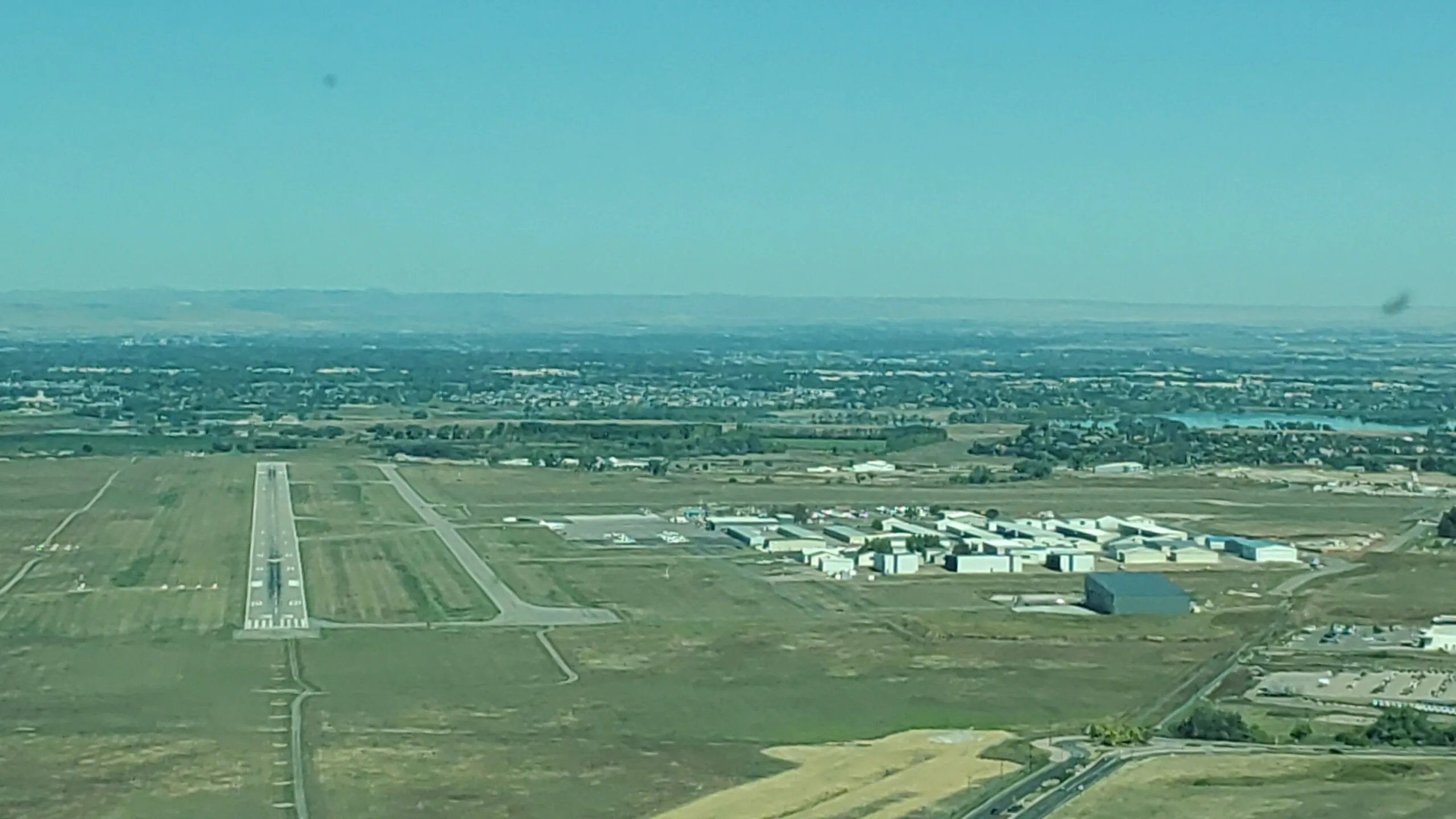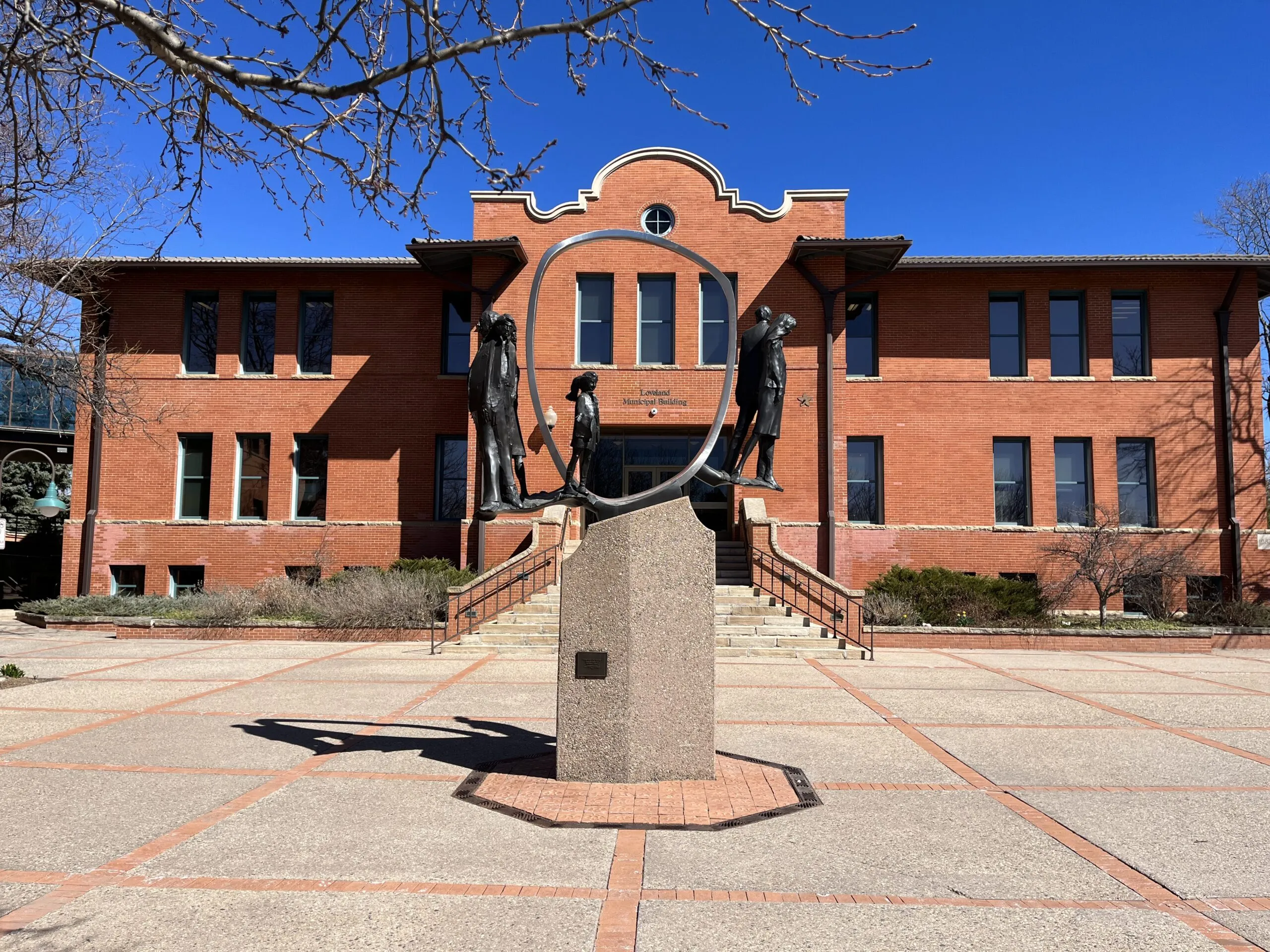Airport commission urges approval of increased runway-widening cost

Northern Colorado Regional Airport’s governing commission has recommended that the Loveland City Council approve a change order that would increase the cost of widening the airport’s main runway
THIS ARTICLE IS FOR SUBSCRIBERS ONLY
Continue reading for less than $3 per week!
Get a month of award-winning local business news, trends and insights
Access award-winning content today!
Already have a paid subscription?





